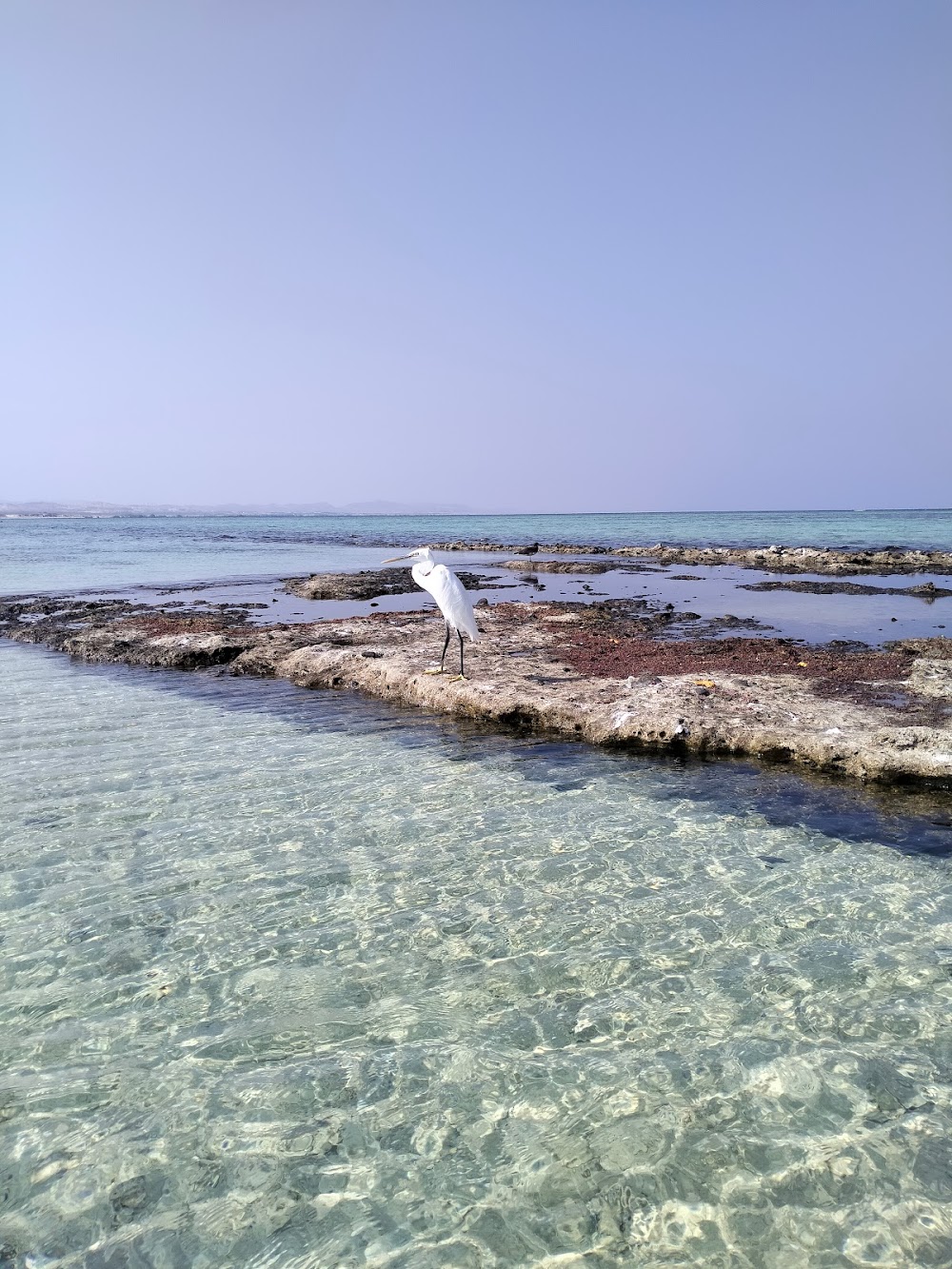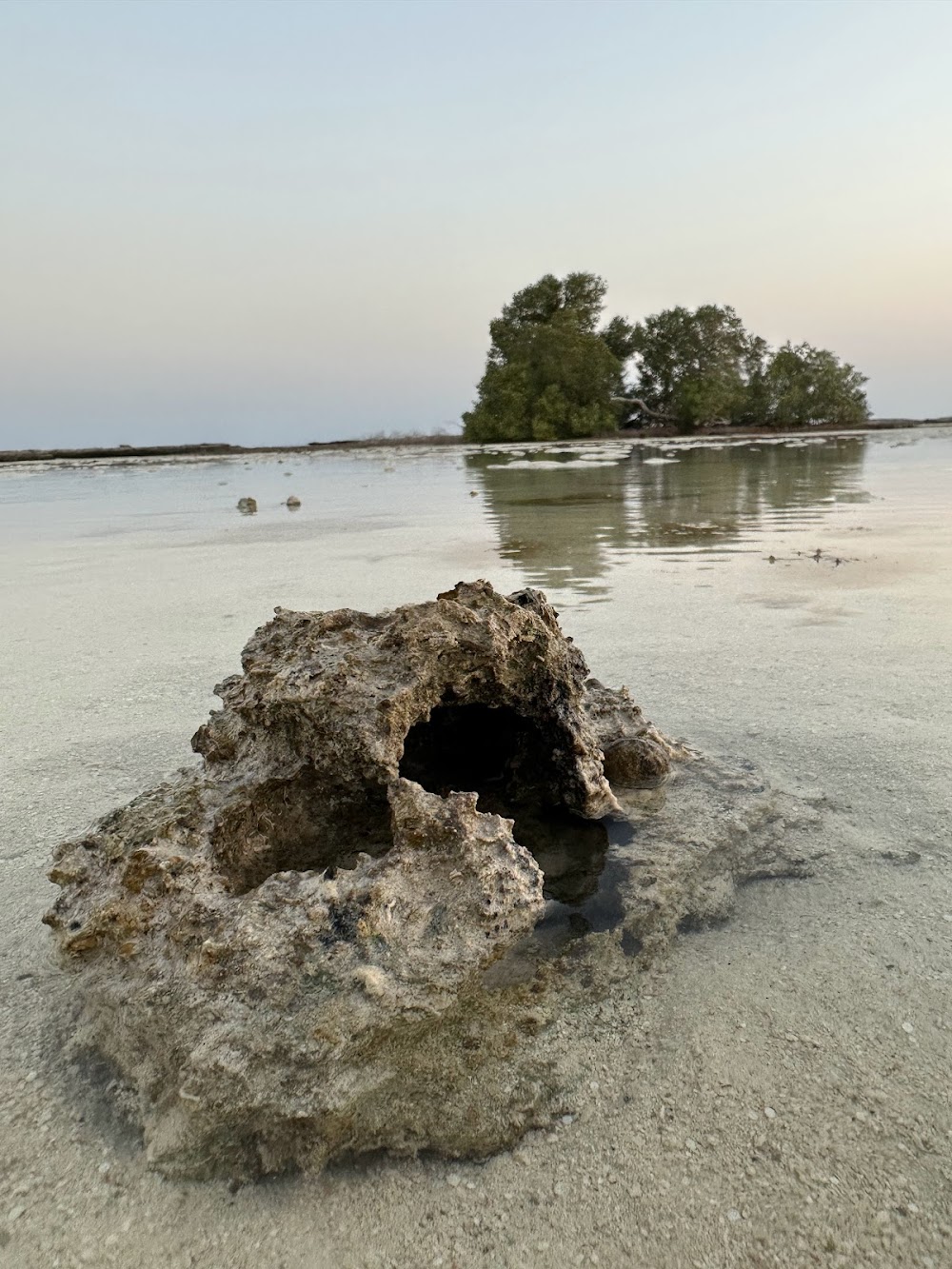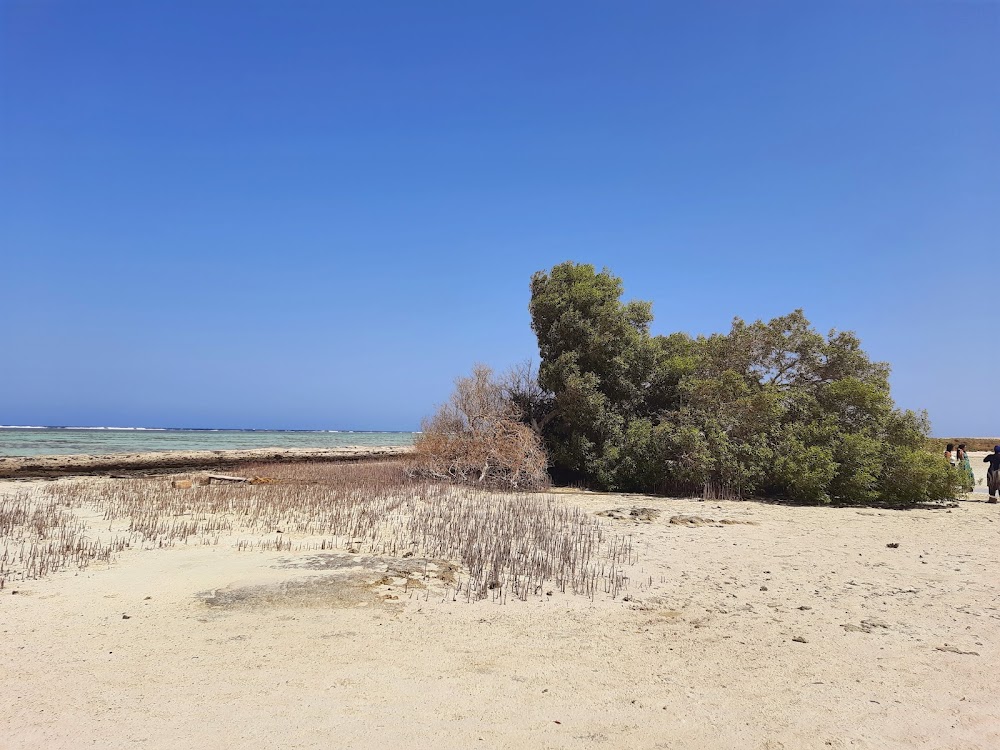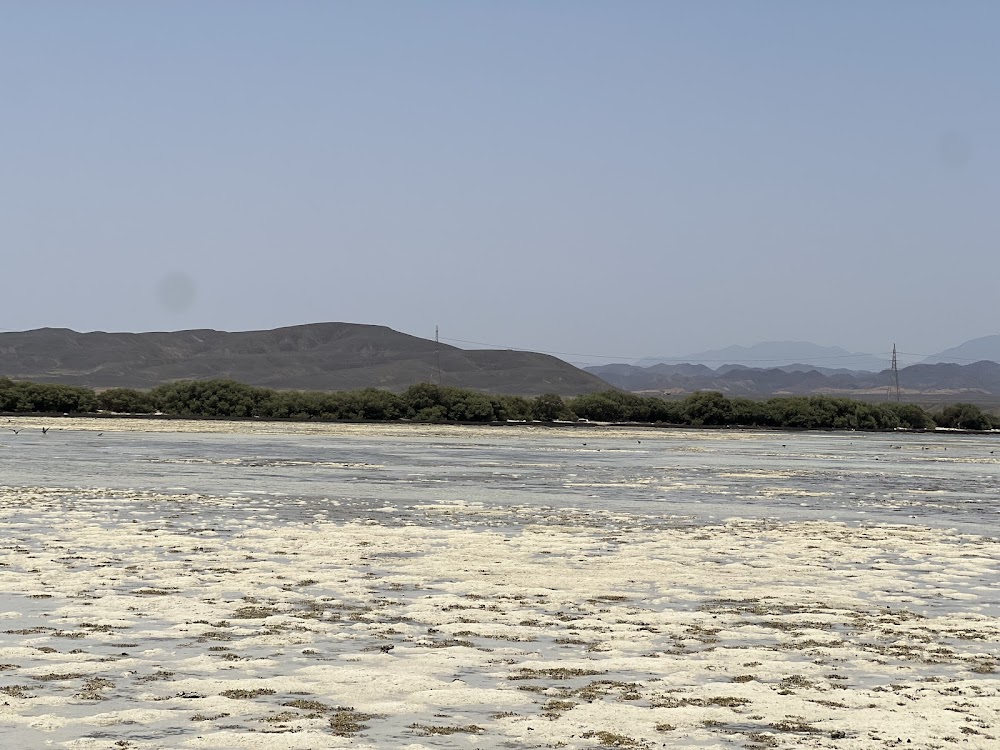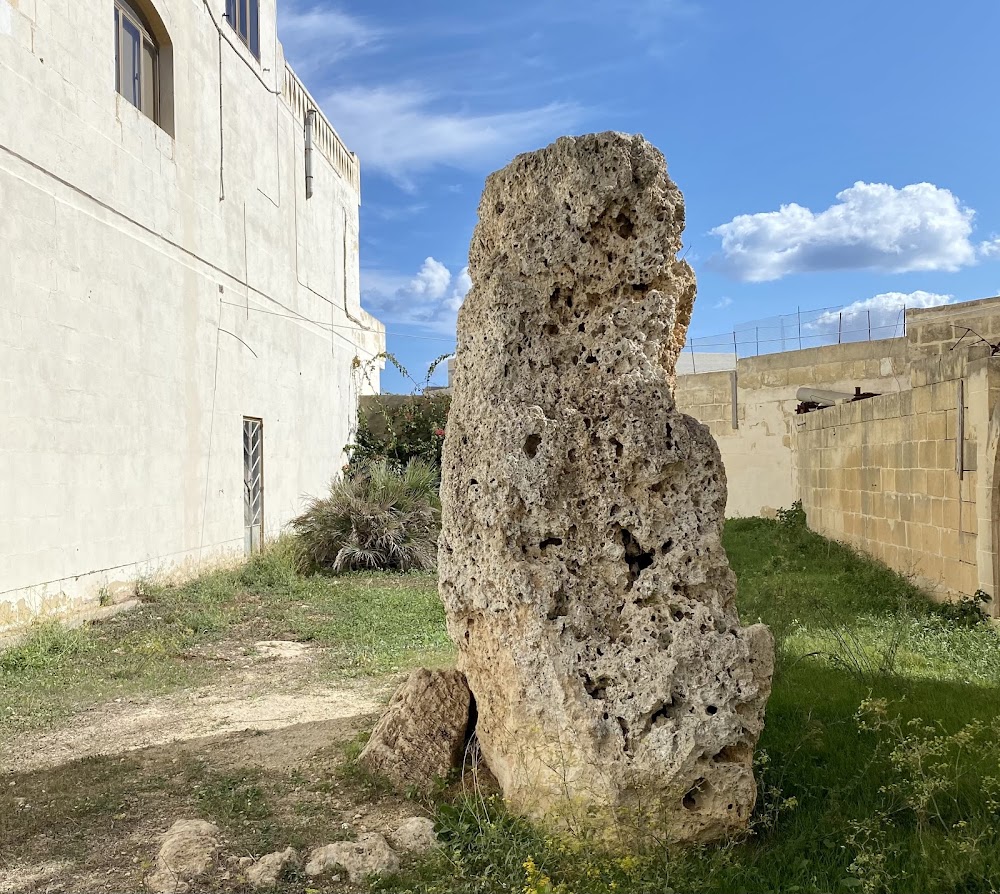Qala Mangrove Reserve (Qala Mangrove Reserve)
Overview
Located in the heart of Qala, within the beautiful Marshall Islands, the **Qala Mangrove Reserve** is a stunning testament to the ecological significance and beauty of mangrove forests. This unique reserve was established to protect and nurture the delicate ecosystems that flourish in mangrove habitats, ensuring that future generations can appreciate and learn from this remarkable natural treasure.
The origins of the Qala Mangrove Reserve trace back to the early 2000s, when local environmentalists and community leaders recognized the urgent need to safeguard the area’s mangrove forests. These vital ecosystems serve as critical breeding grounds for a multitude of marine species, act as natural barriers against coastal erosion, and play an essential role in mitigating climate change by absorbing significant amounts of carbon dioxide. Understanding their importance, the community united with international environmental organizations to establish the reserve, marking a pivotal moment in local conservation efforts.
Establishing the Qala Mangrove Reserve involved extensive planning and collaboration. The first step was to survey and map the existing mangrove forests to pinpoint areas of ecological significance and define the boundaries of the reserve. Scientists and researchers conducted in-depth studies to understand the diverse species that inhabit the mangroves and their specific environmental needs. This research was instrumental in shaping the management plan for the reserve, ensuring that it would effectively protect and enhance these vital ecosystems.
Once the boundaries were set, efforts turned to restoring areas that had been degraded by human activity. Local community volunteers actively participated in planting new mangrove saplings, guided by experts who provided training on effective planting techniques. This restoration work was crucial in boosting the biodiversity and resilience of the mangrove ecosystem. Local schools also joined in, fostering a sense of ownership and environmental stewardship among the younger generation.
Infrastructure was developed to make the reserve accessible to visitors and researchers. Elevated boardwalks were constructed to allow exploration of the mangroves without disturbing the delicate ground and root systems. Observation platforms and educational signage transformed the reserve into an open-air classroom, enabling visitors to learn about the crucial role of mangroves in the environment. Additionally, a small visitor center was built to provide further information and serve as a hub for ongoing research activities.
The management of the reserve is overseen by a dedicated team comprising local and international stakeholders. This collaborative team includes environmental scientists, local government officials, and community representatives who work together to ensure the protection and sustainability of the reserve. Regular monitoring and maintenance activities are conducted to assess the health of the mangrove forests and manage emerging threats, such as invasive species or pollution.
Beyond its ecological contributions, the reserve has become a vital part of Qala’s cultural and recreational life. It hosts educational programs and workshops for both residents and tourists, fostering a deeper appreciation for nature among the island's inhabitants. Eco-tourism opportunities abound, supporting the local economy by attracting visitors eager to experience the reserve's tranquility and natural beauty.
The story of the Qala Mangrove Reserve is one of community effort, environmental awareness, and sustainable development. It serves as a shining example of how collaborative initiatives can yield significant positive impacts on both the environment and the well-being of a community. Through ongoing preservation and education, the Qala Mangrove Reserve will continue to thrive as a vibrant habitat and a beacon of successful conservation practices.


